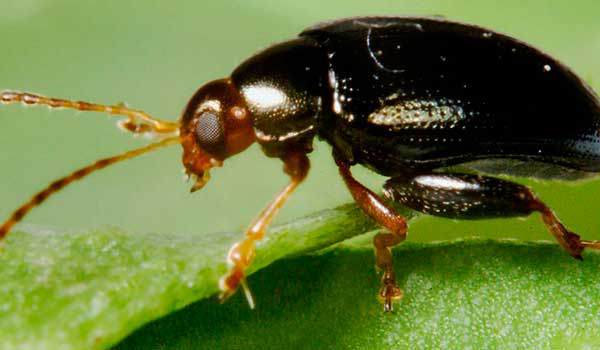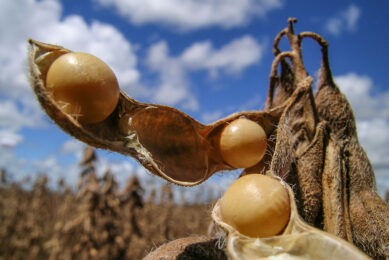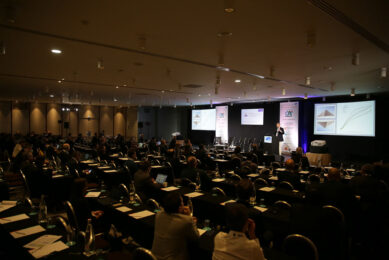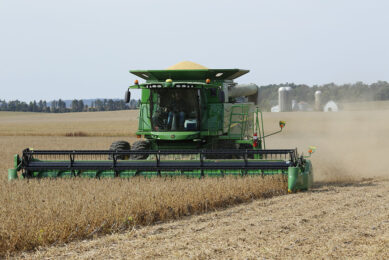UK: EU decree results in 3% loss in UK oilseed rape crop

The European Union ban on neonicotinoid seed dressing on oilseed rape this season has resulted 2.7% of the oilseed rape crop in England and Scotland being lost due to damage by cabbage stem flea beetles.
The UK has seen widespread beetle damage to crops, especially in Hampshire, Surrey, Bedfordshire and Hertfordshire,which was previously controlled by now banned seed dressings.
Damage by these beetles has led to 18,000ha of the crop being abandoned, with only half having been redrilled to rapeseed, according to a snapshot assessment at the end of September by the HGCA.
The report says more than 40% of crops in these four southern and south-eastern counties were reported as having damage levels at or above treatment threshold levels.
This led to a rise in pyrethroid insecticides use to control the pests, with an estimated three treatments applied by the end of September in these four counties.
This increased use of pyrethroids could have a significant effect on the selection of beetles resistant to these insecticides, the report warned.
The assessment was based on agronomists from crop scientist group Adas walking 32,000ha of crops in late September in England and Scotland. No data was collected from Wales, which accounts for 1% of Britain’s oilseed rape crop.
The report highlights that 41% of all crops nationwide were affected by the beetles, and some 6.2% had exceeded control threshold levels.
“The majority of crop lost appears to be in south-eastern and eastern regions and parts of Yorkshire,” the report said.
Early-drilled crops were less susceptible to beetles, with those drilled in mid-August developing beyond the susceptible stage by the time adult beetle migration had started, it added.
Crops drilled in late September were also mostly unaffected, possibly because the number of adult beetles migrating had decreased.
Last month, two neonicotinoids sprays, different from the seed dressings, were cleared for use in oilseed rape in the autumn.
The product, InSyst (acetamiprid) from Certis, was given a 120-day emergence use until late January against beetles in oilseed rape, while Bayer’s Biscaya (thiacloprid) was approved for use against aphids and may have some action against beetles.
[Source: Farmers Weekly]
Join 26,000+ subscribers
Subscribe to our newsletter to stay updated about all the need-to-know content in the feed sector, three times a week. Beheer
Beheer









 WP Admin
WP Admin  Bewerk bericht
Bewerk bericht